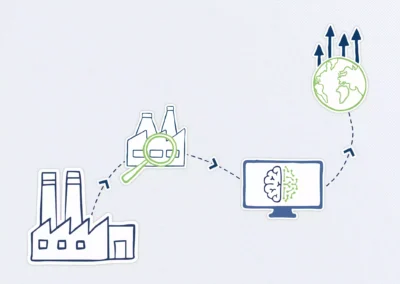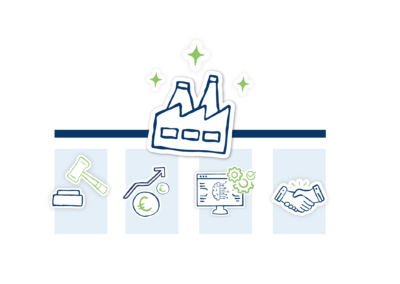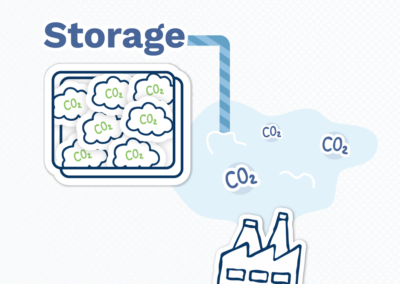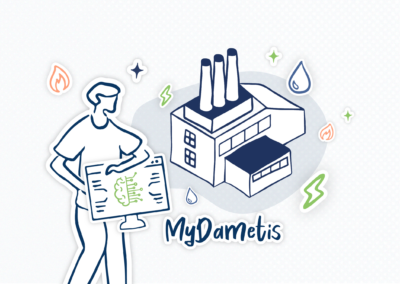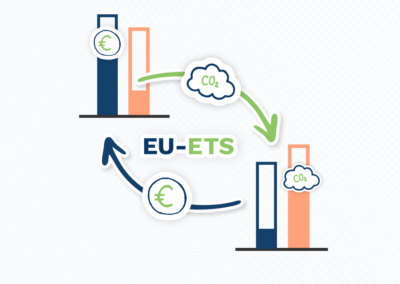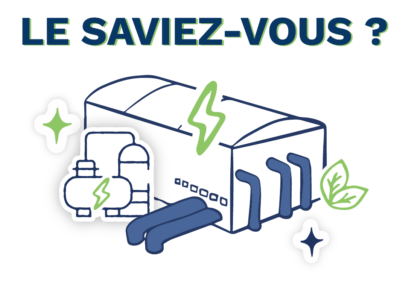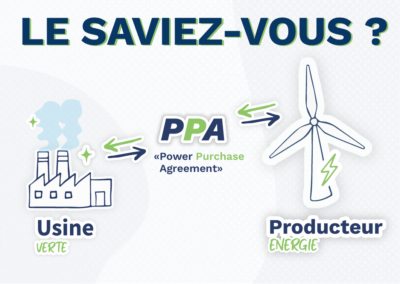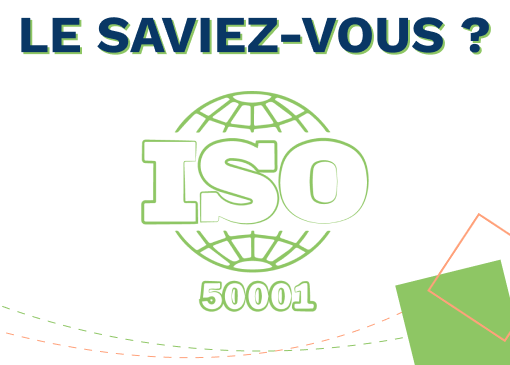
ISO 50001 Standard: Definition and Benefits
Every business inevitably needs to use energy to function properly. Currently, the cost of energy continues to rise: both financially, as seen with the prices of gas and electricity, and environmentally.
In this context, the ISO 50001 standard was introduced. It aims to help businesses reduce their energy consumption and preserve the planet.
What is ISO 50001?
Is ISO 50001 Mandatory?
Like all ISO standards, it is not mandatory; it is voluntary. This certification is an international voluntary standard.
However, even though ISO 50001 is not mandatory, we recommend using it to formalize your energy management approach. The requirements of this certification represent a consensus among professionals who participated in its drafting on best practices for improving energy efficiency.
Which Type of Business Should Use This Standard?
Why Get ISO 50001 Certified?
Being ISO 50001 certified offers many benefits for businesses:
√ Certification ensures that the system you have in place optimizes your energy expenses and consumption.
√ By reducing your carbon footprint, you can showcase your environmental commitment to stakeholders. This can also improve your brand image.
√ You will engage your employees by encouraging them to use energy more responsibly and rationally, thus mobilizing and unifying your teams.
√ Financially, your expenses will be optimized, and you will benefit from a 20% increase in your Energy Savings Certificates (ESC).
√ You will receive a reduction in the General Tax on Polluting Activities (TGAP).
√ Your competitiveness against competitors will improve.
√ You will not need to undergo the mandatory energy audit (more details below).
How to Get ISO 50001 Certified?
Steps to Obtain the Certification
The process to obtain ISO 50001 certification involves an accredited body. The steps are:
Step 1 (optional) : The evaluation visit. This step helps you understand the audit’s stakes. Although not mandatory, we recommend it as it increases the chances of receiving certification.
Step 2: Scheduling the audit.
Step 3: The initial audit. The auditor will analyze the company’s data and practices and meet the team. You will know which points need improvement. A second visit will be conducted 45 to 90 days after the first audit.
Step 4: Examination of your file by the certification committee and audit report.
Step 5: Audit conclusion and results. The auditor will grant (or not) the certification. If obtained, you will hold the certificate for three years and can display the ISO 50001 logo for the same duration.
Step 6: Monitoring and renewal. Every three years, a renewal audit occurs. You can change certification bodies for these audits.
The certification process can be lengthy, taking between 6 and 18 months, depending on the size and number of sites involved. If you already hold ISO 14001 certification, the process for ISO 50001 is simplified. Throughout these steps, a service provider like Dametis can assist you.
The PRO-SMEn Program
What is the Difference Between an Energy Audit and ISO 50001 Certification?
The energy audit is mandatory for large companies:
- Companies with more than 250 employees.
- Companies with an annual turnover exceeding €50 million and a balance sheet total exceeding €43 million.
This energy audit must be renewed every four years. It assesses the organization’s energy consumption.
ISO 50001 certified companies do not need to conduct an energy audit, as the audit for certification is stricter.










